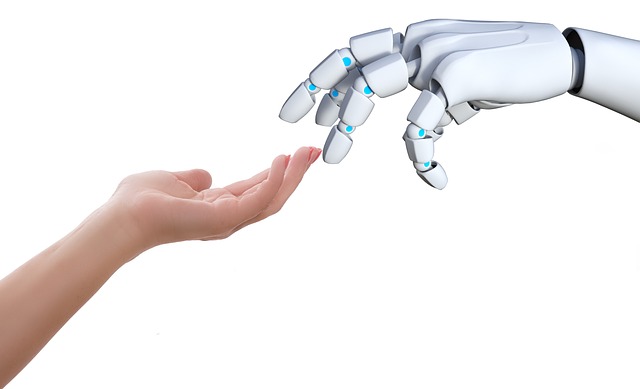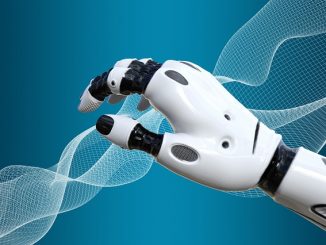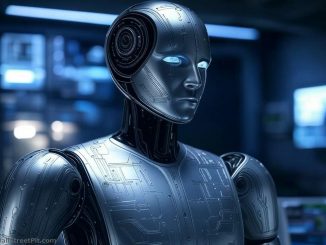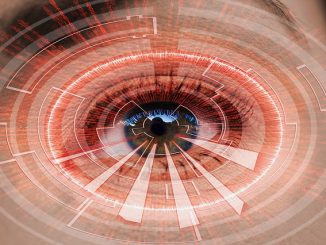
Marc Andreessen’s vision of general-purpose robotics leading to widespread personal domestic servants is an intriguing and thought-provoking idea. The concept revolves around the notion that as robotics technology advances, capable and affordable general-purpose robots could become ubiquitous in households, taking over a significant portion of domestic chores and tasks.
Imagine having a robot assistant that can clean, do laundry, prepare meals, run errands, and handle various other household responsibilities autonomously. This would free up a substantial amount of time for individuals, allowing them to focus on more productive pursuits, creative endeavors, or simply enjoying more leisure activities.
Marc Andreessen says general-purpose robotics will enable everybody to have their own domestic servants, freeing their time to be more productive and pursue self-actualization pic.twitter.com/p8dueafrcQ
— Tsarathustra (@tsarnick) May 21, 2024
The potential impact of such a scenario is multifaceted. On a personal level, it could alleviate the burden of mundane and time-consuming domestic tasks, enabling individuals to invest their time and energy in areas that are more fulfilling, intellectually stimulating, or aligned with their personal and professional goals.
From a societal standpoint, this could lead to a paradigm shift in how we view and allocate time. With domestic responsibilities largely automated, individuals may be able to dedicate more time to entrepreneurial ventures, artistic pursuits, continuing education, or exploring new avenues of self-actualization and personal growth.
Furthermore, the availability of affordable domestic robots could potentially level the playing field, providing individuals from all socioeconomic backgrounds with access to services that were previously reserved for the affluent who could afford human domestic help.
However, it’s important to consider the potential challenges and implications of such a technological shift. Issues related to job displacement, ethical considerations surrounding the use of robotic servants, and the societal impact on human-to-human interactions would need to be carefully addressed.
Additionally, the development of general-purpose robotics capable of handling complex domestic tasks is still a significant technological hurdle, requiring breakthroughs in areas such as artificial intelligence, dexterity, and adaptability to dynamic environments.
Nonetheless, Andreessen’s vision highlights the transformative potential of robotics technology and challenges us to imagine a future where automation frees human potential, enabling individuals to focus on pursuits that are truly fulfilling and contribute to their personal growth and self-actualization.
- Bulenox: Get 45% to 91% OFF ... Use Discount Code: UNO
- Risk Our Money Not Yours | Get 50% to 90% OFF ... Use Discount Code: MMBVBKSM
Disclaimer: This page contains affiliate links. If you choose to make a purchase after clicking a link, we may receive a commission at no additional cost to you. Thank you for your support!




Leave a Reply